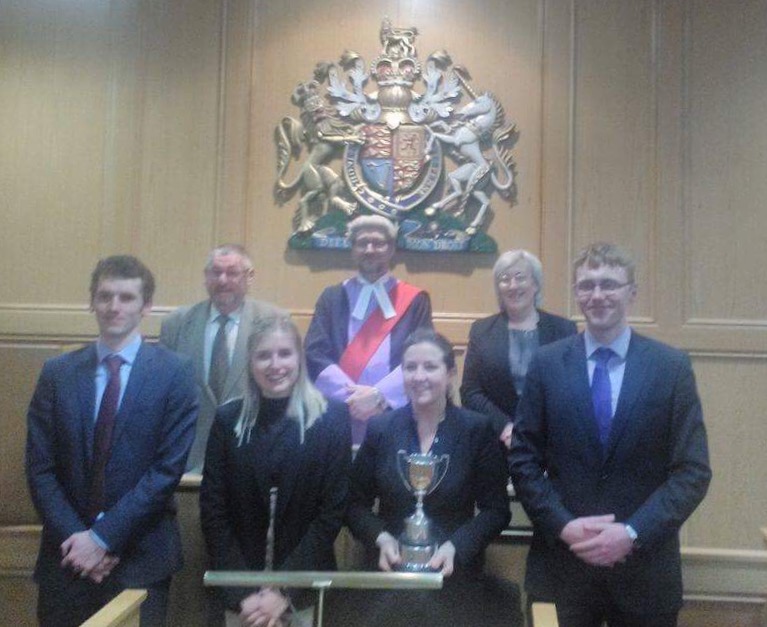All posts by Andrew Wesley/h3>
Nottingham criminal solicitor Alex Chapman recently demonstrated that VHS Fletchers are prepared to travel under free legal aid in Magistrates’ Court cases. This is because we want to ensure you receive continuity of legal representation in your case.
Alex recently travelled to Bromley Magistrates’ Court to represent a client from Nottingham because he was charged with three allegations of assault. One of them was racially aggravated.
Our client had never appeared before a court before and was understandably concerned about the outcome of his case. Despite his character, there was a real risk that he would receive a custodial sentence, particularly due to one of the charges being racially aggravated.
Alex’s client had been in London because he had to resolve an issue with his passport. He had, however, missed his coach home and had unwisely had a drink to pass the time. Our client ended up in an argument with his partner and then an altercation with shop staff and a member of the public.
He was extremely apologetic for his actions so had not disputed the alleged conduct . Our client knew that he had lost his good character and that this could have a major impact on his future but he was realistic in his expectation of a prison sentence.
Alex saw that his client was particularly concerned that he receive continuity of representation. It is perhaps always important that a client has the benefit of the same lawyer throughout the lifetime of his case. Although he was legally aided, Alex was able to commit to travelling to Bromley.
In the event the case was able to be concluded at a single hearing because we had full instructions. Guilty pleas were entered and then Alex offered mitigation on his client’s behalf. A brief probation assessment was carried out so his client was sentenced. Rather than a custodial sentence he received a community order.
Availability of Free Legal Aid for Criminal Cases
We will always assess whether you are entitled to free legal aid for Magistrates’ Court hearings. In this case the funding allowed us to provide free representation to our client some distance away.
Contact one of our criminal defence solicitors
We have several offices across the East Midlands, however we can provide nationwide advice and representation in police stations and at the Magistrates’ and Crown Court. Find your nearest office here or use the contact form below in order to instruct us.







